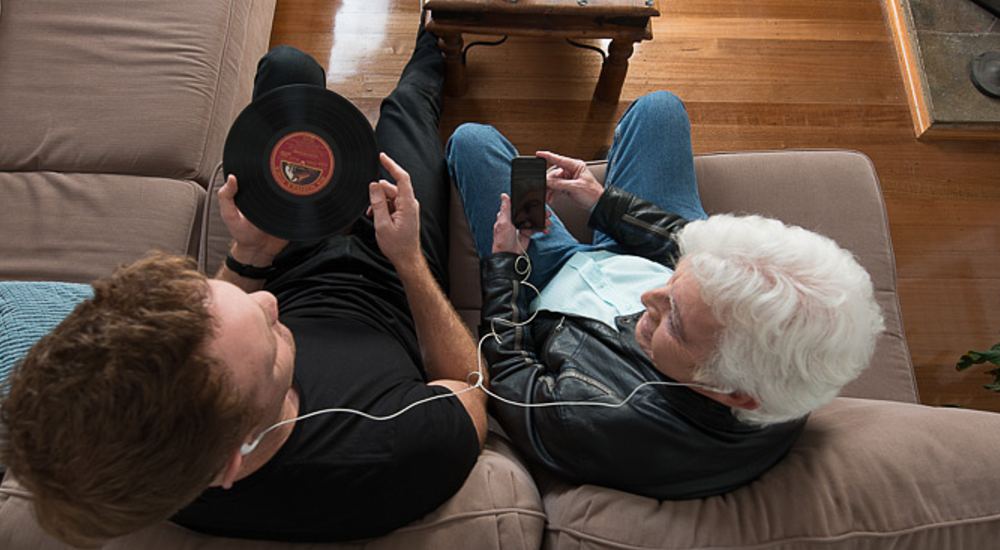Caring for an elderly or disabled loved one can be extremely rewarding. Still, it can also be demanding, exhausting and overwhelming. You may feel like you’re always giving, but never receiving anything in return.
Physical and emotional self-care is critical in providing the best caregiving. This article will provide some tips on how to achieve that, as well as when to ask for help in order to avoid what we called the “caregiver burnout”.
Carer Burnout
Carer burnout is a type of physical, mental and emotional exhaustion that can develop when one continually cares for somebody. And no, you don’t have to be a full-time caregiver to experience burnout.
Even if you are only caring for your loved one for a few hours a week, it can still affect your health and well-being if you’re not careful.
According to Catholic Charities New Hampshire, carer burnout is more likely to occur if you feel like you’re not getting any support, are constantly worried about your loved one’s health and safety, or feel like you have no time for yourself.
If you’re feeling overwhelmed or burnt out, it’s essential to ask for help before things get out of control.
Signs of Caregiver Burnout
There are many warning signs of carer burnout, some more obvious than others. For example, suppose you’re feeling any of the following. In that case, it may be time to take a step back and reevaluate your caregiving situation.
Feeling constantly tired and exhausted
Find yourself feeling tired all the time, even after a good night’s sleep. This may be a sign that you’re experiencing carer burnout. When you’re constantly on the go and never have a moment for yourself, it’s easy to let your own physical and emotional needs fall by the wayside.
Feeling angry, resentful, or hopeless
It’s perfectly normal to feel anger and resentment when caring for a loved one, especially if you feel like you’re not getting enough help from others. But if these negative emotions are starting to take over your life, it’s a sign that something needs to be changed.
Having trouble concentrating or making decisions
Caring for a loved one can be stressful and all that stress can lead to problems with concentration and decision-making. If you find yourself struggling in these areas, it may be time to take a break from caregiving.
Neglecting your own health
When you’re taking care of someone else, it’s easy to let your health fall by the wayside. But if you don’t care for yourself, you can’t care for your loved one.
Isolating yourself from friends and family
Caregiving can be an isolating experience especially if you lack support from friends and family. If you find yourself socially withdrawing, it may be time to ask for help.
Feeling like you’re not doing anything right
No one is perfect, and you’re bound to make mistakes as a caregiver from time to time. However, if you’re constantly beating yourself up over small mistakes, it’s a sign that you’re taking on too much on your plate.
Experiencing physical symptoms of stress
Stress can affect your body as well as your mind. So if you’re experiencing physical symptoms of stress, such as headaches, gastrointestinal problems or chest pain, it’s time to seek for help.
Drinking alcohol or using drugs to cope
It’s perfectly normal to want to relax with a glass of wine at the end of a long day. But if you find yourself drinking alcohol or using drugs more frequently, it may be a sign that you’re struggling to cope with the stress of caregiving.
Having thoughts of harming yourself or the person you’re caring for
If you have such thoughts, it’s time to seek professional help immediately. The stress of caregiving can sometimes lead to dark thoughts, and it’s crucial to get help if you’re struggling.
If you notice any of these signs, seek treatment immediately. Ignoring the problem will only worsen and could lead to serious health problems down the road. If you’re struggling to care for your loved one on your own, there’s no shame in asking for help.
Dealing with Caregiver Burnout
There’s a guilt that can come with being a carer. You might feel like what you’re doing is not enough and that you should be able to do more. Or, you might feel guilty about the relief you feel when someone else steps in to help. These are all normal feelings – you shouldn’t be too hard on yourself.
Carer burnout is real and it’s something that you need to be aware of, always. It can happen to anyone who is taking care of a loved one. Here’s how to deal with carer burnout.
Get organised
One of the most effective ways to deal with carer burnout is to get organised. List out all the tasks that you need to do and delegate them to other people when possible. This will make you feel less burdened.
Set boundaries
Now, we know how terrible this can sound. It’s hard enough to set boundaries with family and friends, let alone the person you’re caring for as a person. But it’s important to do so nonetheless. Boundaries will help you avoid burnout by giving you some time for yourself.
It’s okay to say no to requests, and it’s okay to ask for support. And you don’t even have to feel guilty about it. Remember, that what you’re doing is what’s best for everyone involved.
For example, if your loved one wants you to stay with them at the hospital overnight but you know you need some sleep, it’s perfectly fine to ask a friend or family member to take a shift.
Take breaks
In addition to setting boundaries, take breaks anytime you can. This may mean taking a few hours for yourself each week or even just taking a few minutes each day to do something you enjoy. Again, it doesn’t have to be anything big but it should be something that allows you to relax and recharge. You deserve it.
Seek professional help
Sometimes, no matter how hard you try, carer burnout is just too much to handle on your own. If this happens, seek help from a professional. There are counsellors and support groups available to help you through this tough time.
Know when to ask for help
Finally, it’s important to know when to ask for help. As we said before, carer burnout is real so there is no need to feel ashamed. Instead, do not hesitate to reach out to family and friends for support if you’re struggling. You are not alone in this.
How to Ask for Help with Caregiver Burnout
If you’re struggling with carer burnout, you must ask for help. Here are some helpful tips:
Talk to your family and friends
Your family and friends may always be ready there to help but they may not know how to offer their services. Talk to them about how you’re feeling and what you’d like them to do to help. If you’re not too sure about how to start the conversation, try sending a text message or an email. This can help you express what you’re feeling without doing it in person.
Join a caregiver’s support group
There are many carer support groups available, both in-person and online. These groups can provide you with much-needed support and advice from people going through the same thing as you.
Talk to your doctor
Your doctor can offer both medical and emotional support. In addition, they may be able to refer you to a counsellor or other specialist who can help you deal with caregiver burnout.
Your mental and physical wellness should always be a priority – even more so when you’re a caregiver. It would be best if you cared for yourself first before you take care of someone else. So please, don’t be too hard on yourself and know that it’s always okay to ask for help.
At Absolute Care & Health, we understand how difficult it can be to cope with carer burnout, and we care about your well-being. That’s why we offer respite services to give you a much-needed break. We can provide care for your loved one while you take some time for yourself, whether for a few hours or a few days. Contact us today to learn more.






